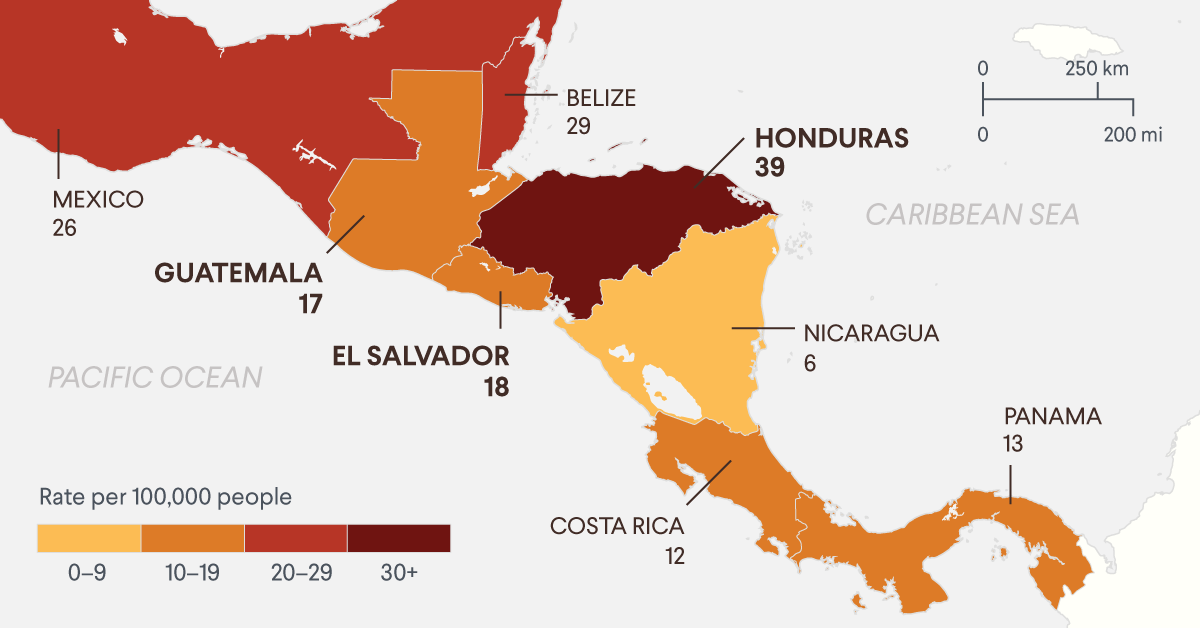On 3 March 2009, The Wall Street Journal published an Op-Ed titled “In Praise of Mexico’s War on Drugs”. Although it was written nearly two years ago, it is still a highly relevant and recommended read.
A day later, LatAmThought wrote the following in response to the article
Bret Stephens’ commentary “In Priase of Mexico’s War on Drugs” (Mar. 3) fails to address the scope of influence the criminal organizations wield beyond Mexico. While the crackdown within Mexico has caused infighting and factionalization, one unintended consequence has been the transplant of organized crime (and the violence and instability that accompany it) to Mexico’s southern neighbors, to say nothing of reports of infighting within U.S. borders. Central American nations are increasingly under the threat of violence and the power of international drug trafficking organizations. The institutions of these nations, which Stevens accurately identifies as needing to be strengthened in Mexico, are woefully underequipped to handle the influence of organized crime that is slowly infiltrating. Only a small amount of The Merida Initiative is allocated to provide assistance to Central America. The progress that Stephens alludes to does not necessarily mean the war is being won, but rather that the battlefield is changing.
Fast forward a few years, and we see that this argument has moved from the fringe to the focus. The US State Department announced the creation of the Central America Regional Security Initiative (CARSI) in the summer of 2010, after launching the Caribbean Basin Security Initiative earlier that year. The two programs reflect an acceptance that ‘success’ in Mexico has negative consequences on its southern neighbors, and that the fraction of Merida Initiative funds requested for Central America between 2008-2010 may not have been enough, and that, more importantly, there was little in the way of strategic objectives.
The new initiatives and strategic goals of any funding also highlight the fact that Central America is no longer an afterthought in the war on drugs. Obama’s upcoming trip to San Salvador in March speaks to the importance the US Government places on Central America.
Michael Shifter of the Inter-American Dialogue has written an excellent article summarizing, country by country, the criminal and political concerns facing Central American nations today, as well as the threat the violence and criminality pose to democracy.
On Guatemala, for example, he writes:
While it still may not be accurate (or constructive) to depict Guatemala as a “failed state” or “narco-state,” mounting evidence points to conditions of rampant lawlessness that warrant considerable alarm. The real risk is that, with a presidential election scheduled for the fall of 2011, unchecked criminality could trigger reflexes for more authoritarian approaches that evoke what was widely thought to be a bygone era.
He concludes the article by arguing for broader regional cooperation:
“Washington should seek to catalyze a broader hemispheric effort, marshalling both economic and political resources to address a colossal problem, one that shows no signs of abating and indeed threatens to metastasize.”
In a nod to the importance of making regional security a shared issue, Salvadoran President Mauricio Funes recently invited Obama to host other Central American leaders to El Salvador during his upcoming visit. He stated that should his Central American homologues not be invited, he will represent the region, not just El Salvador. And on 27 January 2011, Defense Ministers from the different Central American nations met in San Salvador to discuss shared security concerns.
Support from Washington for regional cooperation is crucial. Perhaps equally as important, however will be the support from Central America’s South American neighbors.

Reply